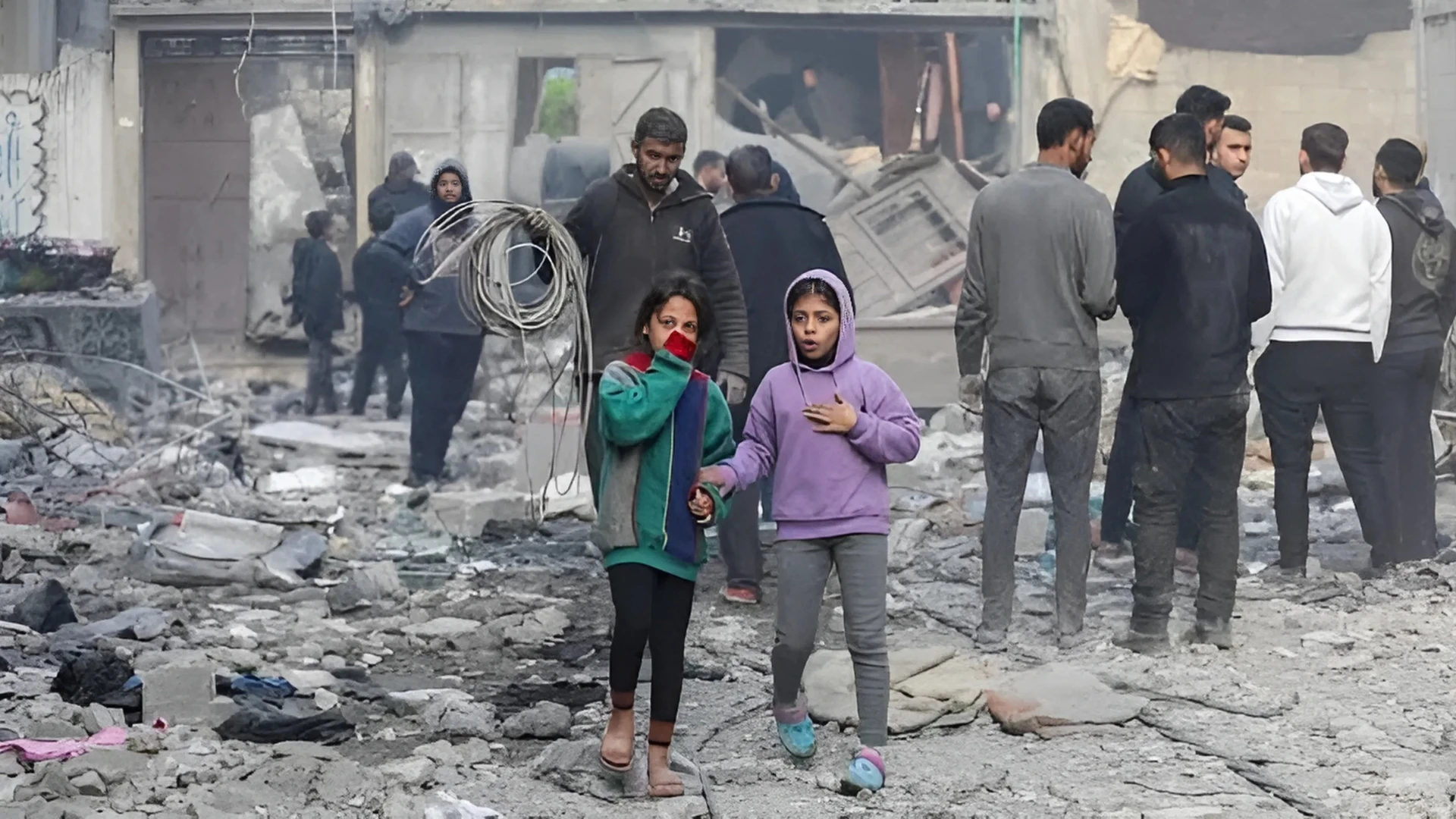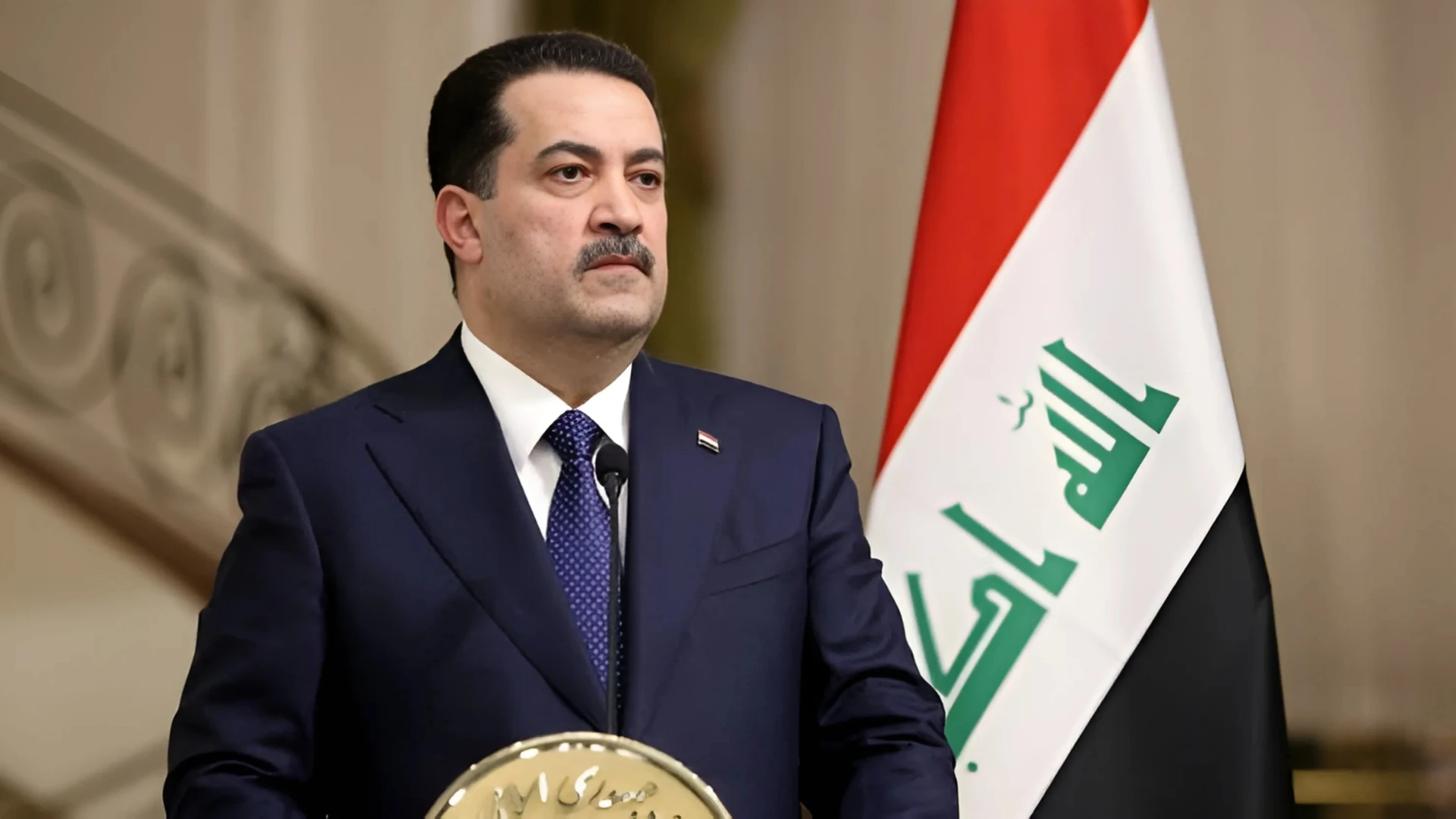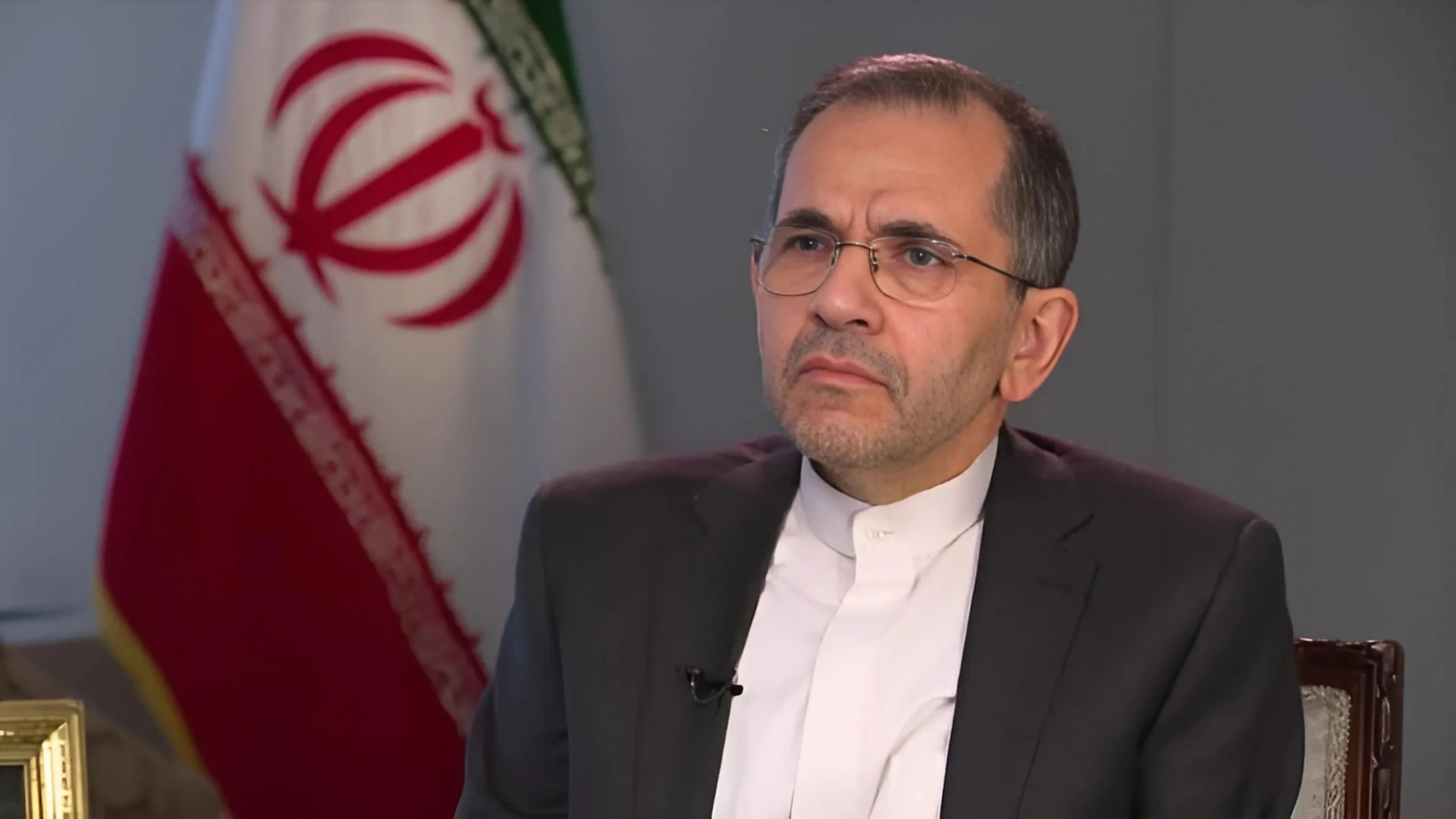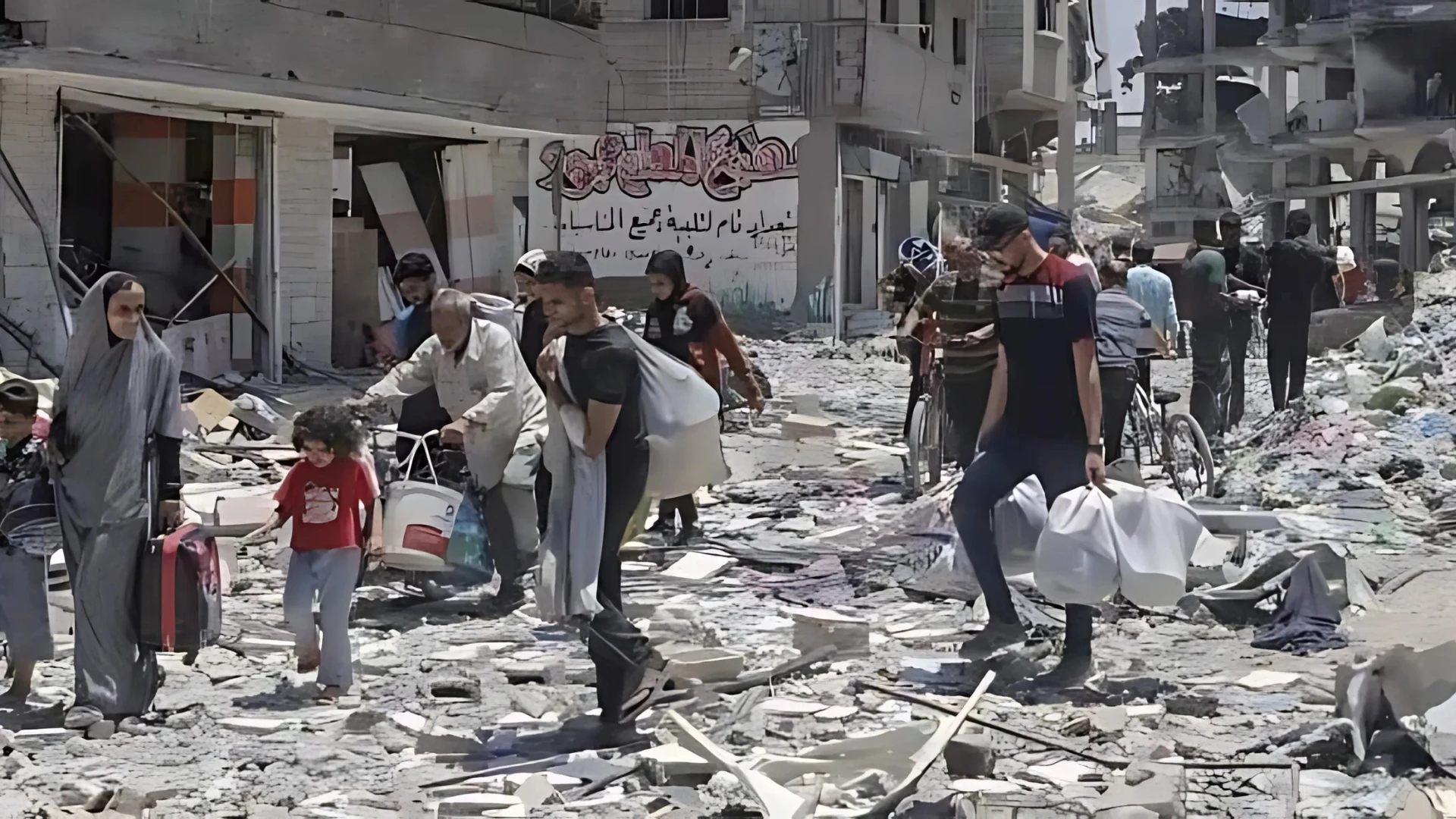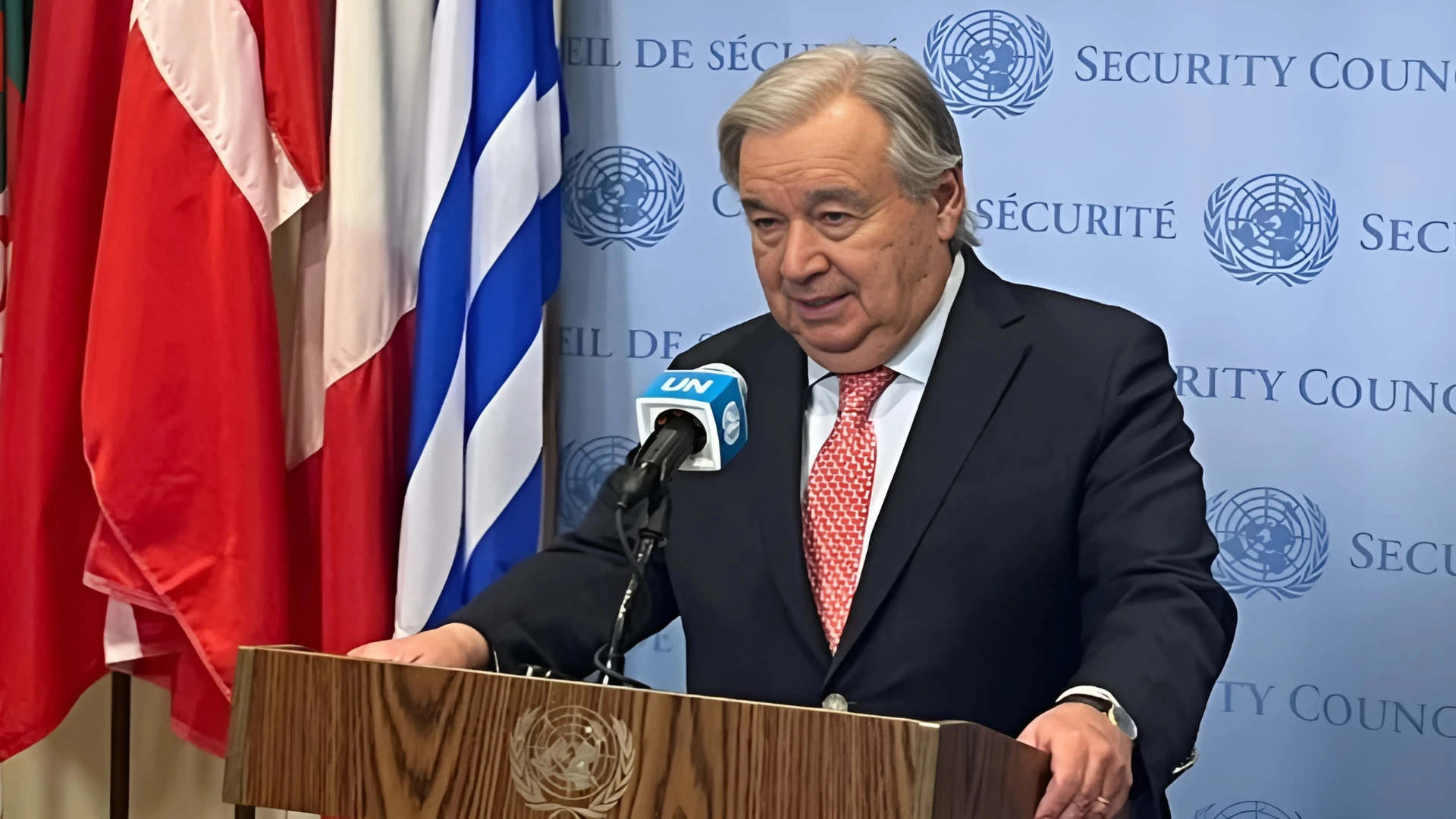Gaza/Jerusalem: At least 58 Palestinians were killed across the Gaza Strip on Monday as Israeli forces unleashed intense bombardments, particularly in the north, in one of the deadliest days in recent weeks. This surge in violence comes just as Israeli officials prepare to engage in renewed ceasefire discussions in Washington, backed by the Trump administration.
The Israeli military launched fresh ground and air assaults, focusing heavily on northern Gaza. Residents described a relentless barrage of shelling and airstrikes, with entire neighborhoods rocked by explosions. "It felt like the earth was shaking," said Salah, a 60-year-old father of five from Gaza City. "They bombed homes and schools. We hear about ceasefires in the news, but here, all we see is death."
Israeli tanks moved into the eastern Zeitoun district of Gaza City, while warplanes targeted several schools where civilians had sought shelter. According to local health authorities, 10 people died in Zeitoun and another 13 were killed in areas southwest of the city. Medics said most of the latter victims were gunned down, though some were likely killed by an airstrike.
One of the deadliest single incidents was an airstrike on a beachfront café in Gaza City that killed 20 people, including women, children, and a journalist. The Palestinian Journalists Syndicate reported that over 220 journalists have died in Gaza since the war began in October 2023.
The Israeli military claimed it was targeting Hamas command centers and other militant infrastructure, saying it had made efforts to avoid civilian casualties. However, there was no immediate comment on the deaths at the beachfront location or in the southwestern part of the enclave.
As fighting intensified, Israel issued new evacuation orders for large swaths of northern Gaza—areas previously devastated by military operations—prompting another wave of displacement. The military warned civilians to move south, stating it was targeting Hamas operatives in central and northern Gaza.
Meanwhile, in Washington, Israeli Strategic Affairs Minister Ron Dermer, a close ally of Prime Minister Benjamin Netanyahu, is expected to hold discussions with White House officials about Gaza, Iran, and potential broader diplomatic initiatives. This visit follows President Donald Trump's renewed appeal for a ceasefire, urging negotiators to "make the deal in Gaza" and secure the release of hostages.
Back in Israel, Netanyahu’s security cabinet is scheduled to meet and assess the next phase of operations in Gaza. The Israeli army’s top commander recently suggested that their ground campaign was nearing completion. Netanyahu has indicated that new possibilities have emerged to recover the remaining hostages—around 20 of whom are believed to be alive.
Despite mediation efforts led by Egypt and Qatar, no date has been announced for formal truce negotiations. Hamas insists that any deal must include a complete Israeli withdrawal and an end to the war—conditions Israel has so far rejected. Tel Aviv maintains that the conflict will continue until Hamas is dismantled and disarmed.
Israeli Foreign Minister Gideon Saar confirmed Israel’s acceptance of a U.S.-brokered proposal involving a 60-day ceasefire and a partial hostage release, adding that the onus now lies with Hamas. “Israel is serious about reaching a deal,” Saar said.
In Jerusalem, Austria’s Foreign Minister Beate Meinl-Reisinger expressed alarm over the worsening humanitarian situation in Gaza, calling it “unbearable” and warning that it’s damaging Israel’s ties with Europe. She urged both an immediate ceasefire and the unconditional release of hostages, as well as unimpeded humanitarian access to Gaza.
Israel contends that aid continues to flow into the territory, blaming Hamas for seizing supplies—a charge the militant group denies, accusing Israel of weaponizing starvation.
The U.S. plan reportedly includes a phased deal: an initial 60-day truce in exchange for the release of half of the Israeli hostages, followed by the return of the rest under terms that would end the war entirely.
The war began on October 7, 2023, when Hamas launched a surprise cross-border attack, killing 1,200 Israelis and taking 251 hostages. Since then, Israel’s military campaign has killed over 56,000 Palestinians—mostly civilians—according to Gaza’s health ministry. The offensive has displaced nearly all of the enclave’s 2.3 million residents and devastated its infrastructure. The United Nations estimates that more than 80% of Gaza is now either under Israeli military control or subject to evacuation orders.


